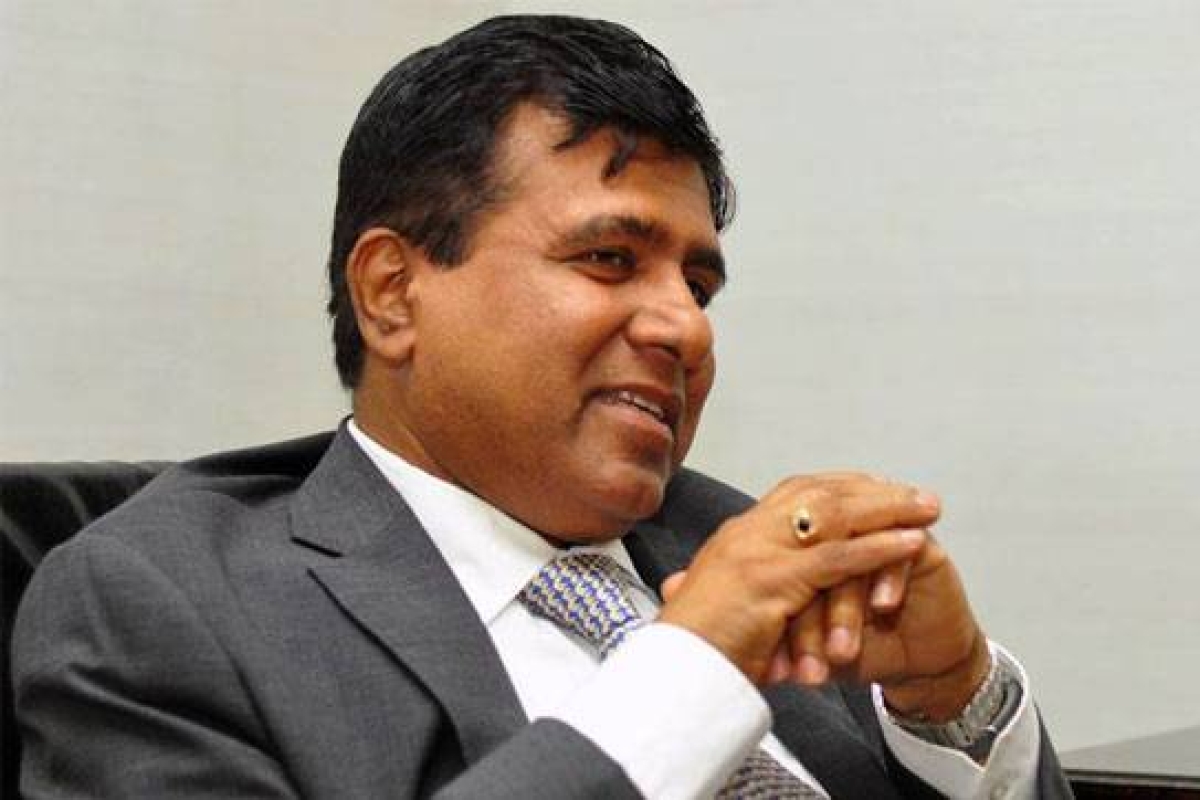Justice Minister, Wijayadasa Rajapaksa, addressed the issue of the resignation of Mullaitivu District Judge T. Saravanaraja during a parliamentary session today. The resignation, citing threats and harassment following the judge's ruling on the Kurundimalai temple, has raised questions and concerns about the independence of the judiciary.
Minister Rajapaksa firmly stated that if any tension or undue influence had played a role in the judge's decision to resign, it was the former District Judge of Mullaitivu who should take responsibility for the incident. He emphasized that the judge possessed the authority to act against anyone who attempted to exert influence or create tension within the judicial process.
The Justice Minister further asserted that no attempts should be made to attribute the incident to the government, emphasizing that the responsibility for any such influence should rest with those directly involved.
Minister Rajapaksa also expressed his puzzlement at the judge's decision to go abroad and send a letter to report the situation, especially if external influences were at play. He noted that judges in Sri Lanka possess constitutional authority to issue summons and take appropriate action against individuals who attempt to exert influence over them. He questioned why the judge did not utilize these powers when such influence was allegedly exerted.
The response from the Justice Minister came in response to a question raised by Opposition Leader Sajith Premadasa during the parliamentary session. The matter has garnered attention due to its potential implications for the judiciary's independence and the broader legal framework in Sri Lanka.










